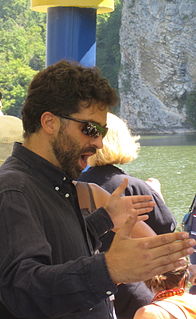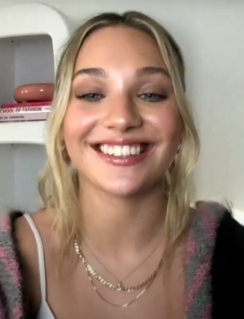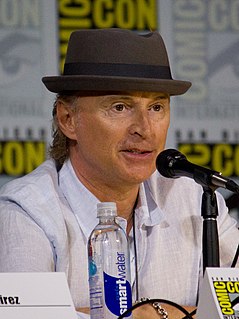A Quote by David Nutter
I do extensive storyboards so people can get a sense of what we're doing, and what the attitude and tone is. I work a lot with the actors. I like to go to sets or locations with them before shooting so that they know what they'll be doing on the day. I have found actors really do like to know about blocking, etc., before the shoot day comes.
Related Quotes
I started doing documentaries in the first place because of the war. I always wanted to do feature films, and I studied directing when the war started, so I was working with actors before, in film and in theater. So I think it's easy to work with actors when you have a script that is clear, when they know what and why they are doing it.
My true role is to get actors to understand what the camera is doing and what my intent is so they don't waste their good stuff on over-the-shoulder shots and wide shots. They need to know when we're going in to get something important, so they know to really go for it. No human being can give you 1,000 percent on every single take or shot, so you need to let them know what you're heading for. It's important that the actors know they're being looked after and being recorded in a way so they can do their best.
Soap operas are like boot camps for film actors, so I really learned a lot. It was a masterclass in working for camera. I made myself watch myself every day. I would sort of try and be objective about it and critique myself a little. There's a lot more skill set than people realize in soap operas. They shoot, like, 35 scenes a day.
I started doing drag in Seattle because I started doing my column before I moved here, and then moved here and wanted to be able to go out and do things as Dan Savage without being recognized the next day, because the column was just in Seattle and it was kind of a sensation and I was beating people up. I was really worried and I didn't want to beat somebody up in a column and have that person know what I look like when I didn't know what they looked like.






























